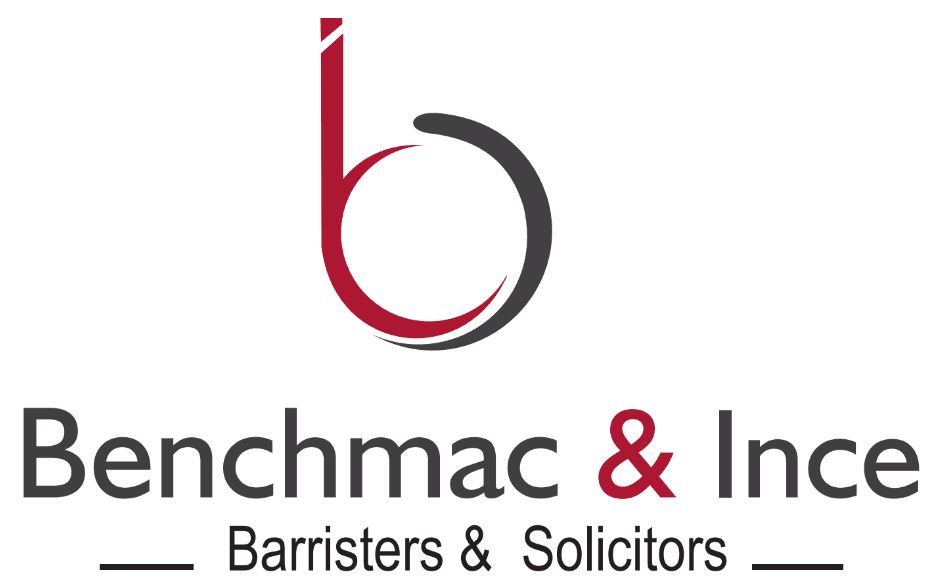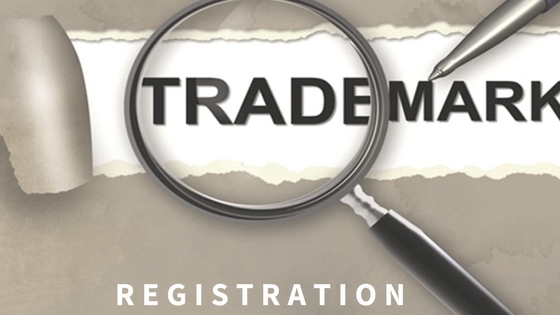Nigeria is Africa’s most populous nation with the largest economy in the continent and a fast-growing services sector with an increasing need for consumer goods. This factor makes trade mark registration important.
The laws governing trademark in Nigeria are Trade Marks Act, Cap T 13, Laws of the Federation of Nigeria 2004 (“TMA”) and the Trademark Regulations 1990. The Act defines a mark as including a device, brand, heading, label, ticket, name, signature, word, letter, numeral, or any combination thereof. Trademarks are used to identify and distinguish the source of the goods of one party from those of others in the course of trade. For the purpose of registration of trademarks, Nigerian law classifies goods into the thirty-four International classes. Multi-class applications are not allowed so a separate application must be made for registration in each of these classes. It is important to note that unlike in other jurisdictions Use is not a requirement for registration of a trade mark in Nigeria.
The Trademarks, Patents and Designs Registry under the Commercial Law Department of the Federal Ministry of Trade and Investment, is the relevant trademark authority. Application for the registration of a trademark may be made by the proprietor or by an agent except in the case of a foreign proprietor where a local agent must be used. Barring all bureaucratic delays at the Registry, the entire process of registering a trademark usually takes about 12 to 18 months. Where the owner of a foreign product intends to import it to the Nigerian market or a foreign business intends to carry on business in Nigeria, it is necessary for the trademark of the product or business to be registered in Nigeria to enable the owner benefit from the exclusive right over the trademark in Nigeria.
Registration of a trademark gives the owner exclusive right to the trademark in respect of particular goods or classes of goods to which it was registered. Such a right is deemed to be infringed by any other person who uses the mark or any other mark which is identical to the mark and is likely to deceive or confuse the public in the course of trade in relation to any goods in respect of which the mark was registered.
In order for a trade mark to be registrable, the mark must contain one of the following:
- the name of a company, individual, or firm represented in a special or particular manner;
- the signature of the applicant for registration or some predecessor in his business;
- an invented word or invented words;
- a word or words having no direct reference to the character or quality of the goods, and not being according to its ordinary signification a geographical name or surname;
- any other distinctive mark;
Failure to comply with any of these requirements constitute grounds for refusal of the trademark application. Other grounds for refusal are:
- that the mark is deceptive or scandalous, contrary to law or morality.
- An absolute grounds objection can be overcome by making representations, either oral or written to the Registrar, or by amending the proposed trademark application, where applicable.
- that the mark contains a word which is commonly used and accepted name of any single chemical element or single chemical compound, as distinguished from a mixture in respect of a chemical substance or preparation
- that the mark contains some prohibited words and/symbols such as the names of chemical substances, Coat of Arms, the words “patent”, “patented”, “registered”, “registered design”, “copyright”,, or words to the like effect, and so on.
An absolute grounds objection can be overcome by making representations, either oral or written to the Registrar, or by amending the proposed trademark application, where applicable.
A. REQUIREMENT
The following are required for the registration of a trade mark in Nigeria
- Details of the applicant/proprietor – including name, nationality,
- Prints or a representation of the proposed trademark.
- Class and specification of goods or services for which the trademark is to be registered.
- Authorisation of Agent (Power of Attorney) signed by the applicant and where the applicant is a body corporate, by an officer duly authorized to do so. No legislation or notarization of this document is required.
B. PROCEDURE
It is advisable that searches be conducted to determine the availability of a trade mark before any application for registration is made. On receiving the application, the Registrar will issue an Acknowledgement Form confirming the receipt of the application by the Registry and the temporary number allocated to the trademark, pending registration and allocation of a permanent registration number.
Examination
The Trademarks Registrar will conduct an examination of the Trademarks Register to confirm that there is no earlier conflicting trademark which may preclude the registration of the mark. The Registrar’s examination shall also extend to whether the mark is distinctive, deceptive, scandalous or in any way disallowed as containing names of single chemical substance, prohibited words, Arms of Nigeria or state, national flag, ‘President’, ‘Governor’ , Arms of City, Town, Place, Society, Names of living persons or persons recently dead except with permission.
If the Registrar is satisfied that the mark may be registered, an Acceptance Form will be issued. This is usually within 3 weeks after the issuance of the Acknowledgment. Otherwise, a Refusal Form will be issued. After acceptance, the application will be published in the Trademarks Journal to notify any interested party who may have an objection to the registration. Publication of mark in trademark journal is usually within 12 -18 months after the issuance of Letter of Acceptance.
Opposition
Any interested party may file an objection by giving a notice of opposition within two months of the publication in the trademark journal. It is important to note that this period is non-extendible. The opposition hearing takes place before the Registrar, who shall after hearing the parties and considering evidence take a decision. The decision of the registrar in this regard, may be appealed to the Federal High Court.
Registration
Where there are no third party objections to the registration of a trademark within the opposition period or where the objections are resolved in favour of the applicant, the Registrar shall issue the applicant with a Certificate of Registration. The registration of a trademark takes effect retrospectively from the application/filing date. Thus, although an applicant’s rights start upon registration, same take effect retrospectively. The registration of a trade mark shall be for a period of seven years but may be renewed from time to time for a period of fourteen years.
C. DURATION AND RENEWAL
Trademarks are registered for an initial period of seven years from the date of the application for registration. After this, they can be renewed for subsequent periods of fourteen years.
D. ASSIGNMENT
The Act allows for assignment and transmission of registered trademarks either in connection with the goodwill of a business or not. It is also assignable and transmissible in respect either of all the goods in respect of which it is registered or was registered, as the case may be, or of some of those goods. Every assignment of a registered mark must be recorded in the Trademark Registry.
E. REVOCATION
A trade mark can be revoked or taken off the register on an application made by any person concerned on the following grounds:
Non-use, on the request of any person concerned, if it can be established that the mark was registered without any bona fide intention to use, and there has in fact been bona fide use of the trademark;
- Non-use, during a continuous period of at least five years during which the trademark was registered;
- If the entry has been made in the register without sufficient cause;
- Non compliance to the registrar’s statutory notice to renew by the registered proprietor
Upon removal from the register, the trade mark proprietor or user ceases to have any right in relation to the goods in respect of the trade mark, which was removed from the register.
F. CONVENTION APPLICATIONS
Though Nigeria is a signatory to the Paris Convention, the executive order which will designate the relevant convention countries to which claims for priority are applicable has not been made. Consequently, the Trademarks Registry does not recognize trade mark applications claiming priority from other countries.
The opinions in the articles are for general information purposes only and do not form a legal relationship or be taken as legal advice. To explore legal advice, please consult your solicitor or feel free to get in touch with us directly.


